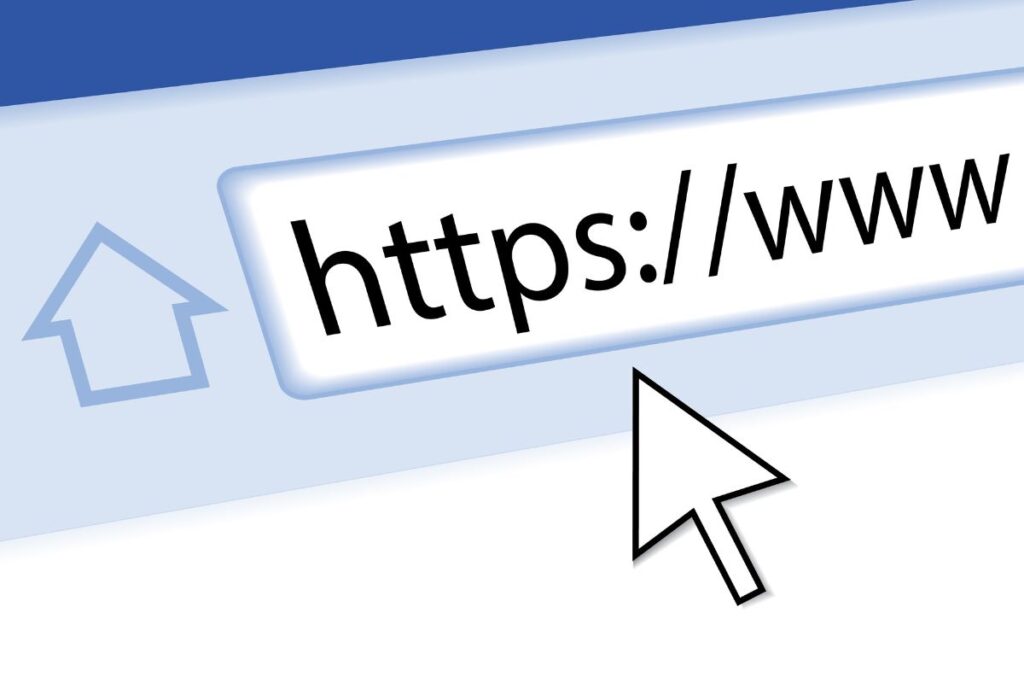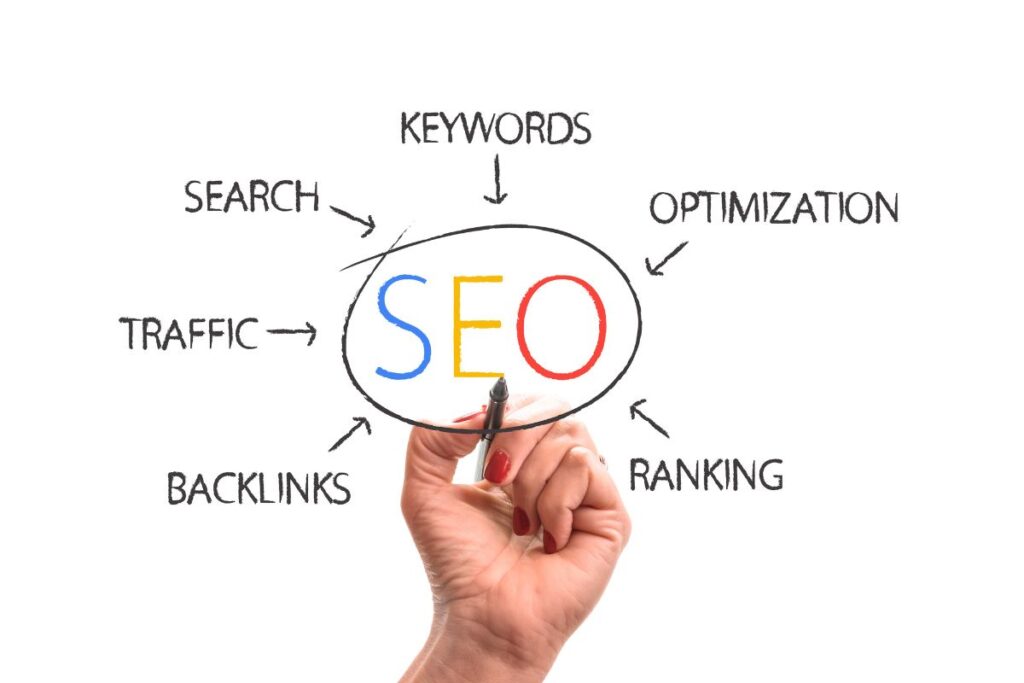Introduction
In today’s digital landscape, where competition is fierce and user expectations are constantly evolving, website speed has emerged as a crucial factor influencing a website’s search engine ranking. Search engines like Google prioritize user experience, and website speed plays a significant role in determining the quality of that experience. In this article, we will delve into the intricate how website speed affect SERP positioning, exploring its impact and the strategies to optimize it effectively.

Image by Canva
Understanding SERP Positioning
Before diving into the specifics of website speed, let’s first understand what SERP positioning entails. SERP positioning refers to the rank at which a webpage appears in the search engine results in response to a user’s query. The higher a website ranks on the SERP, the more visibility it receives, consequently driving more organic traffic.
Importance of Website Speed
Website speed directly influences user experience, which, in turn, affects SERP ranking. Here’s how:
1. Loading Speed and User Experience
Research indicates that users expect websites to load within a few seconds, and any delay can lead to frustration and abandonment. Search engines recognize this and prioritize websites that offer a seamless browsing experience. Therefore, faster-loading websites tend to rank higher on SERPs.
2. Impact on Bounce Rate
Slow-loading websites often experience high bounce rates, as users are more likely to abandon a page if it takes too long to load. High bounce rates signal to search engines that the content may not be relevant or valuable, leading to a drop in SERP ranking.
3. Mobile Responsiveness
With the proliferation of mobile devices, mobile responsiveness has become a key ranking factor. Websites that are optimized for mobile and load quickly on smartphones and tablets are more likely to rank higher on mobile search results.

Image by Canva
Factors Affecting Website Speed
Several factors contribute to website speed, including:
1. Server Response Time
The time it takes for a server to respond to a request plays a crucial role in website speed. A slow server response time can significantly delay page loading.
2. Image Optimization
Large, unoptimized images can significantly slow down a website. By compressing and optimizing images, website owners can improve loading times without compromising on quality.
3. Code Minification
Minifying CSS, JavaScript, and HTML files by removing unnecessary characters and white spaces can reduce file sizes and improve website speed.
4. Browser Caching
Enabling browser caching allows browsers to store static files locally, reducing the need to re-download them each time a user visits the website.
Tools to Measure Website Speed
Several tools are available to measure website speed and identify areas for improvement, including:
- Google PageSpeed Insights
- GTmetrix
- Pingdom
These tools provide insights into various aspects of website performance and offer suggestions for optimization.

Image by Canva
Strategies to Improve Website Speed
To enhance website speed and improve SERP ranking, consider implementing the following strategies:
1. Optimize Images
Use image compression techniques and choose the appropriate file formats to ensure faster loading times without compromising image quality.
2. Minimize HTTP Requests
Reduce the number of HTTP requests by combining CSS and JavaScript files, removing unnecessary plugins, and utilizing browser caching.
3. Enable Browser Caching
Configure server settings to enable browser caching, allowing browsers to store static files and resources for faster access upon subsequent visits.
4. Use Content Delivery Network (CDN)
A CDN distributes website content across multiple servers worldwide, reducing latency and improving loading times for users across different geographic locations.
Effect of Website Speed on SERP Positioning
Numerous case studies have demonstrated the correlation between website speed and SERP positioning. Websites that prioritize speed optimization consistently outperform their competitors in search engine rankings, resulting in increased organic traffic and conversions.
Video by Brian Dean YouTube Channel
Conclusion: How Website Speed Affect SERP Positioning
In conclusion, how website speed affect SERP positioning and user experience. By prioritizing speed optimization strategies and leveraging tools to measure and improve performance, website owners can enhance their visibility on search engine results pages and drive more organic traffic to their websites.
FAQs
1. Does website speed affect both desktop and mobile SERP rankings?
Yes, website speed influences both desktop and mobile SERP rankings. With the increasing use of mobile devices, mobile responsiveness and speed have become even more crucial factors.
2. How often should I monitor my website’s speed performance?
It’s advisable to monitor your website’s speed performance regularly, at least once a month, to identify any potential issues and ensure optimal performance.
3. Can a slow website speed lead to penalties from search engines?
While search engines may not impose direct penalties for slow website speed, it can indirectly impact SERP rankings due to poor user experience and high bounce rates.
4. Are there any free tools available to measure website speed?
Yes, there are several free tools like Google PageSpeed Insights, GTmetrix, and Pingdom that provide insights into website speed performance and offer suggestions for improvement.
5. What is the ideal loading time for a website?
The ideal loading time for a website is under three seconds. However, striving for even faster loading times can further improve user experience and SERP positioning.




